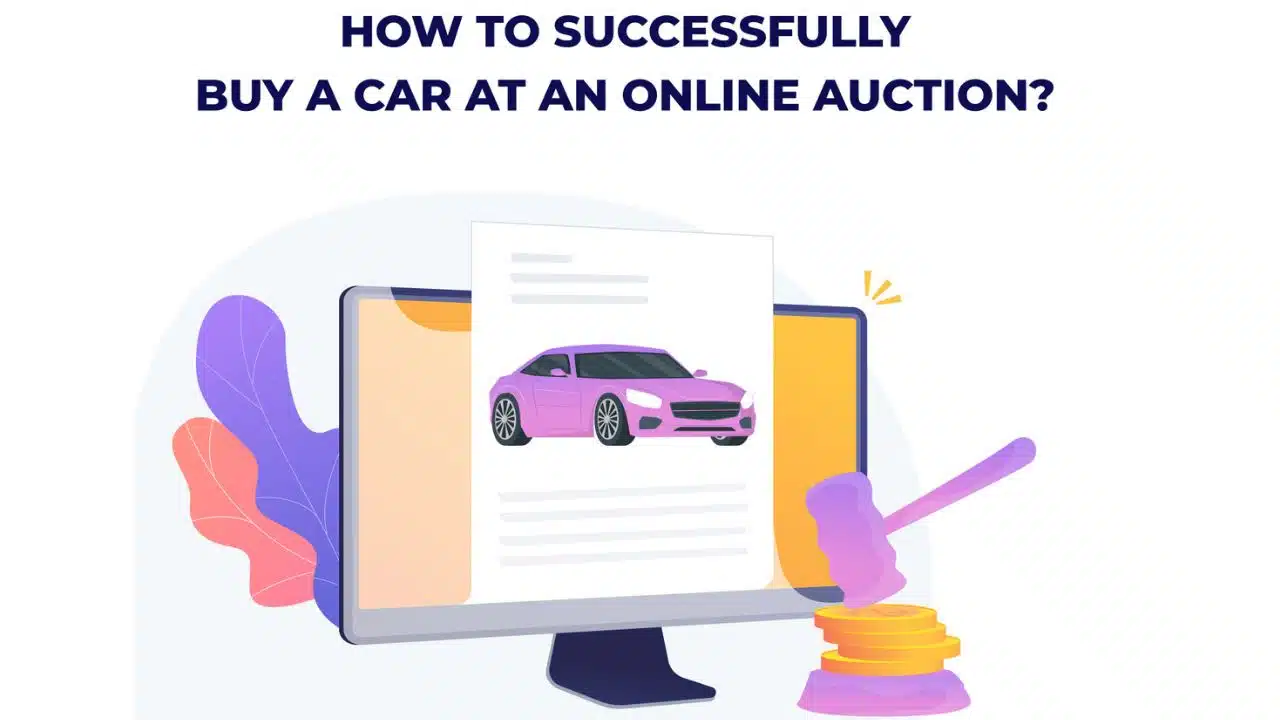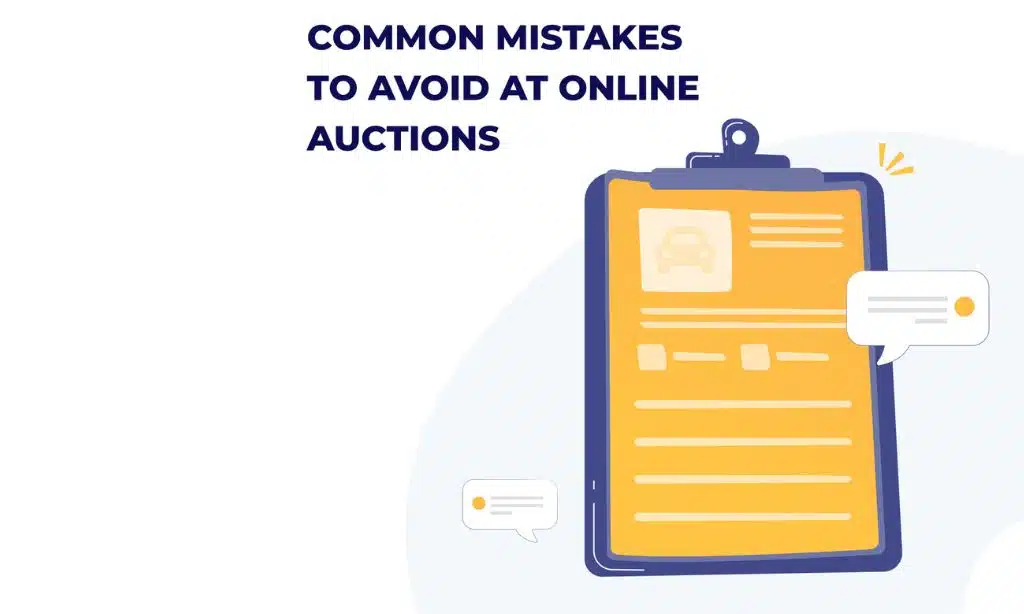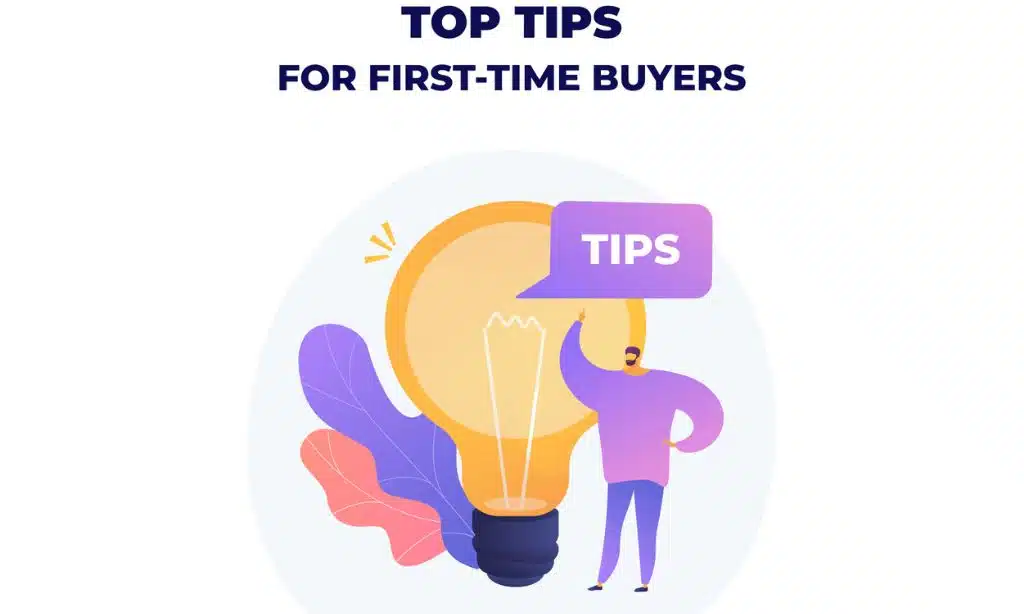Buying a car through an online auction can be an exciting yet challenging experience, especially for first-time buyers. Understanding a vehicle’s history, including its VIN [Vehicle Identification Number], accident records, and ownership details, is crucial to making a safe and informed purchase. Many buyers overlook the importance of deleting VIN history to maintain privacy and ensure a clean record for resale.
In this guide, we’ll walk you through the step-by-step process of navigating online auto auctions, from checking a car’s past in public databases to using tools like autohelperbot to delete car history when necessary. Whether you’re a private buyer or a dealer, this article will help you make smart decisions and protect your investment.
Understanding Online Car Auctions
Online car auctions have become a popular way for buyers to find vehicles at competitive prices. Unlike traditional dealerships, these platforms provide access to a vast inventory of cars, including used, salvage, and repossessed vehicles. However, navigating these auctions requires careful research and an understanding of the process.
One of the most critical aspects of purchasing a vehicle through an auction is verifying its vehicle identification number [VIN] to check its history, ownership records, accident reports, and service records. Buyers must also be aware of potential risks, such as hidden damages or undisclosed issues. In this section, we will explore how online car auctions function and the benefits they offer.
How Do Online Car Auctions Work?
Online car auctions operate similarly to traditional in-person auctions but with the convenience of digital access. The process typically involves the following steps:
- Registration: Buyers must create an account on the auction platform and sometimes provide a refundable deposit.
- Vehicle Search: Users can browse available vehicles and review essential details, including their VIN history, past accidents, and service records.
- Bidding: Buyers place bids on cars within a set timeframe. The highest bidder at the end of the auction wins the vehicle.
- Payment & Documentation: Once the bid is accepted, the buyer completes the payment and handles any necessary paperwork, including title transfers and shipping arrangements.
- Vehicle Pickup or Delivery: The car is either picked up in person or shipped to the buyer’s location.
Benefits of Buying a Car at Auction
Purchasing a car at an online auction comes with several advantages, including:
- Lower Prices: Vehicles are often sold below market value, making auctions a great option for budget-conscious buyers.
- Wide Selection: Buyers have access to various makes and models, including rare or discontinued cars.
- Transparency: Many auctions provide vehicle history reports, ownership records, and accident records to help buyers make informed decisions.
- Convenience: Online auctions allow buyers to participate from anywhere, eliminating the need for in-person visits.
- Potential for Profit: Buying at auction can be a great opportunity for resellers looking to purchase cars, remove car history, and sell them for a profit.
Despite these advantages, it’s important to conduct thorough research before making a purchase. Ensuring a clean history and verifying the vehicle’s VIN can prevent unexpected issues down the road.
Steps to Take Before Bidding on a Car
Buying a car from an online auction requires careful planning and due diligence. Unlike purchasing from a dealership, auctioned vehicles are often sold “as-is,” meaning there are no guarantees or return options. To avoid costly mistakes, it’s essential to research the vehicle’s history, understand the auction process, and check for any hidden fees.
In this section, we’ll cover the crucial steps to take before placing a bid, ensuring that you make a well-informed and secure purchase.
Researching the Car’s History and Market Value
One of the most important steps before bidding on a car is checking its history using the vehicle identification number [VIN]. This number provides access to key records, including:
- Accident history: Past collisions or damages can affect the car’s safety and resale value.
- Ownership records: Knowing how many previous owners the car had can help assess its condition.
- Service records: Regular maintenance history can indicate how well the car has been taken care of.
- Title status: Some auction cars have salvage or rebuilt titles, which can impact their insurability and registration.
Apart from checking the car’s history, it’s crucial to compare market prices. Look up similar vehicles in your area to determine a fair bid and avoid overpaying. Keep in mind that cars sold at auctions may require additional repairs, so factor in those potential costs.
Checking for Hidden Fees and Auction Rules
Every auction platform has its own rules and fee structures, which can significantly impact the final purchase price. Before bidding, review the following:
- Buyer’s Premium: Most auctions charge a percentage-based fee on top of the winning bid.
- Shipping and Delivery Costs: If the auction is out of state or international, transportation fees can be substantial.
- Title Transfer and Documentation Fees: Some auctions handle paperwork for an extra charge.
- Inspection Fees: Certain platforms allow pre-bid vehicle inspections at an additional cost.
- Payment Deadlines: Late payments may result in penalties or cancellation of the purchase.
Understanding these costs beforehand can prevent unpleasant surprises. Always read the auction’s terms and conditions carefully to avoid unexpected expenses.
Common Mistakes to Avoid at Online Auctions
Online car auctions offer great deals, but they also come with risks. Many first-time buyers make costly mistakes that could have been avoided with proper research and preparation. From failing to inspect a vehicle’s history to overbidding under pressure, these errors can turn a seemingly great deal into a financial burden.
To help you navigate the process smoothly, let’s explore the most common pitfalls and how to avoid them.
Bidding Without Proper Inspection
One of the biggest mistakes buyers make is purchasing a car without fully understanding its condition. Unlike traditional dealerships, auctioned vehicles are usually sold as-is, meaning there are no returns or warranties.
To avoid costly surprises:
- Check the vehicle’s history: Use the vehicle identification number [VIN] to review ownership records, past accidents, service records, and title status.
- Verify accident records: A car that has been in multiple accidents may have hidden mechanical issues.
- Look for signs of VIN tampering: A clean history is crucial for a vehicle’s resale value, so be cautious of altered records.
- Consider professional services: Some buyers delete VIN history after purchasing a vehicle to maintain privacy and avoid unnecessary scrutiny.
Skipping these steps can lead to buying a car with unresolved mechanical problems, hidden damage, or legal complications. If possible, have a trusted mechanic inspect the car before placing a bid.
Overbidding Due to Auction Pressure
Another common mistake is getting caught up in the excitement of bidding and paying more than a car is worth. Auction platforms are designed to create a sense of urgency, which can lead to impulsive decisions.
To avoid overpaying:
- Set a budget: Before bidding, determine the maximum amount you’re willing to spend, including additional costs like auction fees, repairs, and title transfers.
- Research market value: Compare similar cars in public listings to ensure you’re getting a fair price.
- Stay disciplined: If bidding surpasses your budget, be prepared to walk away. There will always be other opportunities.
Overbidding can reduce the resale value of the car and lead to unexpected financial strain. Smart buyers focus on vehicles with a clean history, reasonable pricing, and minimal risks to maximize their investment.
By avoiding these common mistakes, you can confidently navigate online auto auctions and make informed purchasing decisions.
How a Bot Assistant Can Improve Your Auction Experience
Navigating online auto auctions can be overwhelming, especially for beginners. With thousands of listings, fluctuating bid prices, and hidden vehicle history details, making the right choice requires extensive research and quick decision-making. This is where an AI-powered bot assistant can make a significant difference.
A bot assistant like autohelperbot can help buyers analyze vehicle history, track auction prices, and automate bidding strategies, ensuring a smooth and efficient experience. Let’s explore how these tools can optimize your auction process.
Automated Tools for Making Better Bidding Decisions
Using an AI-powered assistant for online car auctions provides multiple advantages, such as:
- Real-time VIN Analysis: The bot scans the vehicle identification number [VIN] to retrieve accident records, ownership history, and service records, helping you avoid problematic cars.
- Smart Price Tracking: It compares auction prices with market values to ensure you’re not overpaying.
- Automated Bidding Strategies: The bot places bids for you based on predefined limits, preventing emotional overbidding.
- Alerts on New Listings: Get instant notifications for vehicles that match your criteria.
- Fraud Detection: Some bots can help identify VIN tampering or inconsistent history reports, reducing the risk of buying a problematic car.
By automating these tasks, buyers save time, minimize risks, and increase their chances of securing a great deal.
How to Effectively Use a Bot Assistant
To make the most of a bot assistant like autohelperbot, follow these best practices:
- Set Clear Bidding Rules: Define your budget, maximum bid limit, and preferred vehicle criteria to let the bot bid efficiently on your behalf.
- Check VIN History: Use the bot to analyze VIN numbers and ensure the car has a clean history before bidding.
- Monitor Price Trends: Allow the bot to track prices and notify you when a good deal appears.
- Optimize Your Bidding Strategy: Instead of bidding too early, use the bot to place strategic bids close to the auction’s closing time.
- 5. Ensure Privacy & Security: Some buyers use tools to delete VIN history after purchasing a car, ensuring their sensitive information remains private.
A bot assistant takes the stress out of online car auctions by providing data-driven insights, automating key tasks, and helping buyers avoid costly mistakes. Whether you’re a first-time buyer or a seasoned reseller, autohelperbot can significantly improve your auction experience and help you secure the best deals with confidence.
Top Tips for First-Time Buyers
Buying a car through an online auction for the first time can be both exciting and overwhelming. Without the right approach, beginners may fall into common pitfalls such as overbidding, buying a car with a poor history, or overlooking hidden fees. To ensure a smooth and successful experience, here are the top tips every first-time buyer should follow.
- Research the Vehicle’s History: Always check the vehicle identification number [VIN] to review ownership records, accident history, and service records. A car with a clean history is easier to resell and has a higher long-term value.
- Set a Budget and Stick to It: Auctions can be competitive, and it’s easy to get caught up in bidding wars. Determine your maximum bid, including additional costs like auction fees, repairs, and delivery charges, before participating.
- Understand Auction Rules and Fees: Each auction platform has different terms, including buyer’s premiums, deposit requirements, and payment deadlines. Read the rules carefully to avoid unexpected costs.
- Inspect the Vehicle [If Possible]: Some auctions allow in-person inspections or provide detailed reports. If available, take advantage of this option to ensure you’re making a well-informed decision.
- Use an AI-Powered Bot Assistant: Tools like autohelperbot can help you analyze VIN history, track auction prices, and even automate bidding strategies to avoid emotional overbidding.
- Beware of Salvage Titles: Some auctioned vehicles have been in severe accidents or declared total losses. While they may seem like a bargain, they can be difficult to insure and resell.
- Plan for Extra Costs: In addition to the bid price, factor in costs for title transfer, shipping, taxes, and potential repairs.
- Consider Privacy Measures: Many buyers choose to delete VIN history after purchasing a vehicle to maintain privacy and protect sensitive ownership records.
By following these expert tips, first-time buyers can confidently navigate online auto auctions, avoid costly mistakes, and secure a great deal on their next vehicle.





































